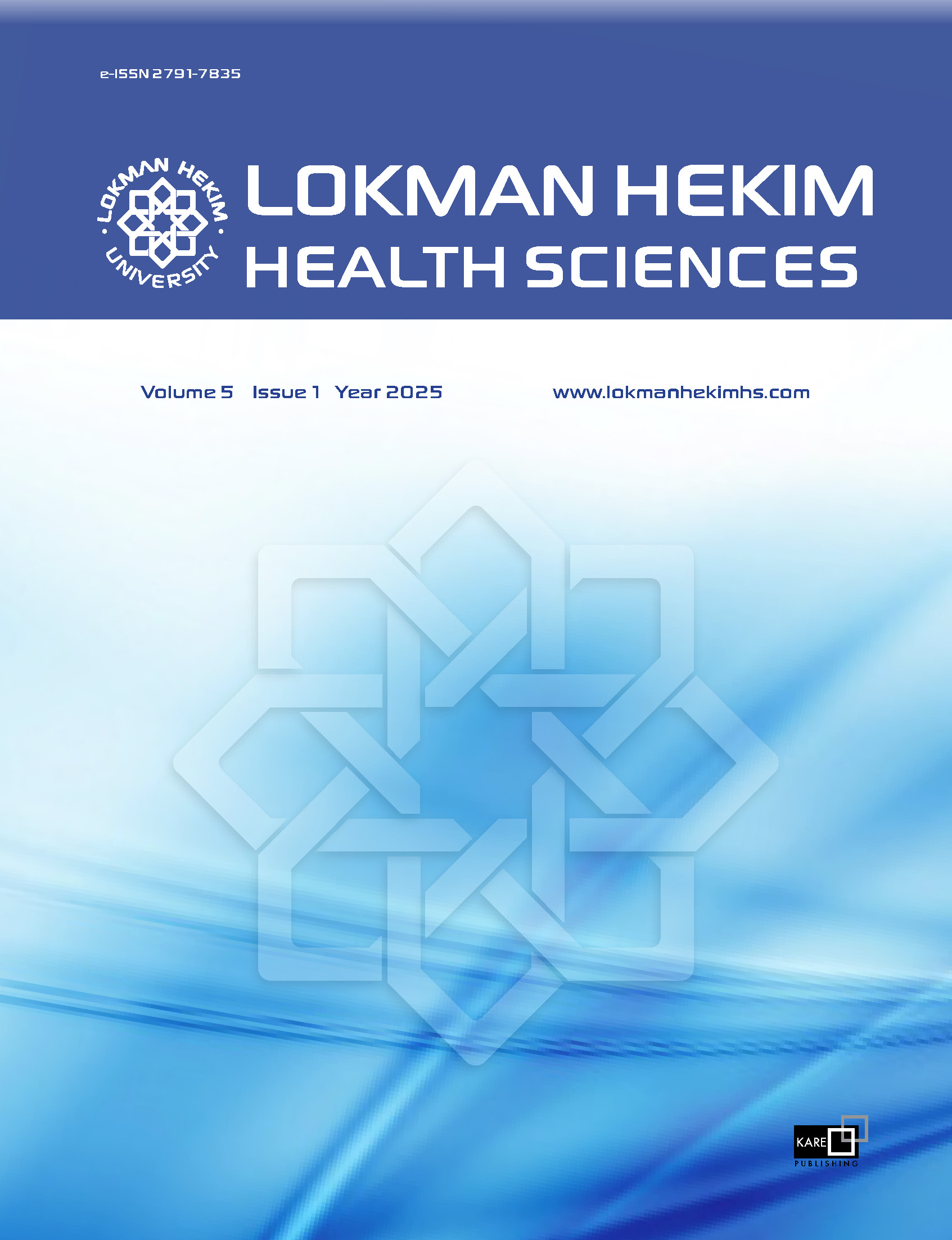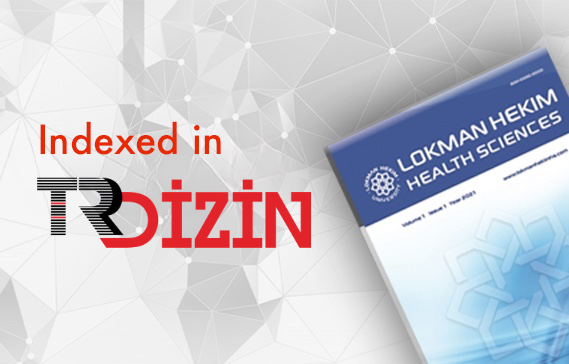2Istanbul Okan University, Vocational School of Health Service, Medical Laboratory Programme, Istanbul, Turkey
Abstract
Objective: It has been aimed to analyze the role of pathogenic effects of mutation and expression anomalies occurring on Diaphanous Related Formin 1 (DIAPH1), WASP Actin Nucleation Promoting Factor (WASP), Myosin Heavy Chain 9 (MYH9) , Actinin Alpha 1 (ACNT1) , Filamin A (FLNA) , and Tubulin Beta 1 Class VI (TUBB1) which are known as fundamental cellular skeleton proteins on development and progression of cancer via bioinformatic tools.
Materials and Methods: The genome sequence and expression profiles of 594 Colorectal Cancer (CRC) patients were obtained by means of bioinformatic tools which provide data for The Cancer Genome Atlas (TCGA). The mutation patterns of 6 genes were determined in detail and for the prediction of pathogenical properties of identified changes for CRC, Polymorphism Phenotyping v2 (PolyPhen-2), Screening for Non-Acceptable Polymorphisms (SNAP), and Catalogue Of Somatic Mutations In Cancer (COSMIC) tools were employed. Apart from the mutation profile, the effects of existing mutations on messenger Ribonucleic acid (m-RNA) expression and survival were also identified. Moreover, Search Tool for the Retrieval of Interacting Genes/Proteins (STRING) network analysis was realized to further comprehend the function relations of proteins in cellular processes.
Results: There have been 142 distinct point mutations, gene amplification, and deep deletions identified on DIAPH1, WAS, MYH9, ACNT1, FLNA and TUBB1 genes. ACTN1 and FLNA low m-RNA expression level for DIAPH1 increased and the m-RNA expression level was statistically significant (p<0.05). Prognosis wise, the effect of m-RNA expression on survival in the absence of disease was meaningful for FLNA (p=0.011).
Conclusion: Bionformatic analysis data in DIAPH1, WASP, MYH9, ACNT1, FLNA and TUBB1 genes, which are important in CRC pathogenesis revealed in this study will be a guide for future laboratory studies.
2İstanbul Okan Üniversitesi Sağlık Hizmetleri Meslek Yüksekokulu, Tıbbi Laboratuvar Programı, İstanbul
Amaç: Kolorektal kanser hastalarında temel hücresel iskelet proteinleri olarak bilinen DIAPH1, WASP, MYH9, ACNT1, FLNA ve TUBB1 de ortaya konulan mutasyonların ve ekspresyon anomalilerin patojenik etkilerinin kanser gelişimi ve ilerlemesindeki rolünün biyoinformatik araçlarla analiz edilmesi amaçlanmıştır.
Materyal ve Yöntem: 594 Kolorektal Kanser hastasına ait genom dizileri ve ifade profillerine TGCA’dan veri sağlayan biyoinformatik araçlar aracılığı ile ulaşılmıştır. 6 gen için mutasyon paternleri ayrıntılı olarak belirlenmiş, belirlenen değişikliklerin Kolorektal Kanser için patojenik özellikleri tahmini için PolyPhen-2, SNAP ve COSMIC araçları kullanılmıştır. Sadece mutasyon profili değil aynı zamanda mevcut mutasyon varlığının m-RNA ekpsresyonu ve sağ kalım üzerine etkileri de belirlenmiştir. Ayrıca proteinlerinin hücresel süreçlerdeki fonksiyenel ilişkilerini daha iyi anlamak için STRING ağ analizi gerçekleştirilmiştir.
Bulgular: DIAPH1, WAS, MYH9, ACNT1, FLNA ve TUBB1genlerinde toplamda 142 farklı nokta mutasyonu, gen amplifikasyonu ve deep delesyonlar belirlenmiştir. ACTN1 ve FLNA düşük m-RNA ekspresyon seviyesi DIAPH1 için yükselmiş m-RNA ekspresyon seviyesi istatistiksel olarak anlamlıdır (p<0.05). Prognostik açıdan m-RNA ifadesinin hastalıksız sağ kalım üzerine etkisi FLNA için anlamlıdır (p=0.011).
Sonuç: Bu çalışmada ortaya konan Kolorektal Kanser patogenezinde önemli olan DIAPH1, WASP, MYH9, ACNT1, FLNA ve TUBB1 genlerindeki biyoformatik analiz verileri ileride yapılacak laboratuvar çalışmaları için yol gösterici olacaktır.





 Dilara Fatma Akin Bali1
Dilara Fatma Akin Bali1 









